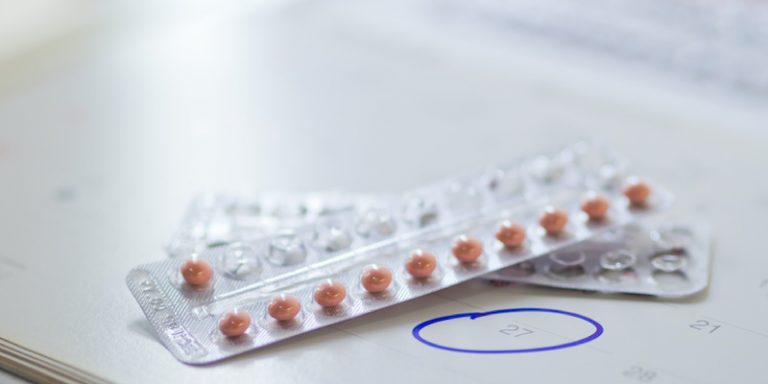
INRAE is leading a consortium composed of IN-CELL-ART, MabSilico and the Italian university UNIMORE to develop biological products based on antibody fragments capable of blocking ovulation and thus providing a non-hormonal contraceptive with fewer side effects. This $1.8 million research project was initiated as part of one of the “Grand Challenges” programs launched by the Bill & Melinda Gates Foundation and focused on the discovery of non-hormonal human contraceptives.
The Bill & Melinda Gates Foundation has launched Grand Challenges programs, one of which focuses on the subject of non-hormonal human contraceptives. The project brings together INRAE, IN-CELL-ART, a French company specializing in nano-delivery technologies, the INRAE start-up MabSilico, which offers software based on artificial intelligence technologies for antibody development, and the Italian university UNIMORE. It started with the objective of developing a non-hormonal contraceptive with fewer side effects thanks to antibody fragments. The aim is to create biological, non-hormonal and therefore less dangerous contraceptive products. Eric Reiter, Vincent Puard, Bruno Pitard and Livio Casarini are part of the research team of this collaborative project.
The INRAE research team, which specializes in the study of membrane receptors that control reproduction, is particularly interested in the contraceptive mechanism of blocking the molecular regulators of ovulation. Antibody fragments, which target receptors present in ovarian cells, can modulate the effects of natural hormones within these cells in a highly selective manner. The studies will aim to develop antibody fragments that can selectively block ovulation without disrupting endogenous steroid hormone production. These antibody fragments will then be modified to produce effects of sufficient duration to ensure a contraceptive effect, while ensuring reversibility of ovulation blockade when treatment is stopped.
The software platform developed by MAbSilico is used for the selection, characterization and optimization of antibody fragments targeting ovulation regulators. The technology of this TechBio, based on artificial intelligence, allows the digitization of antibody discovery by accelerating and securing this critical step.
The best antibodies will be selected in vitro by UNIMORE, where they will be tested on human ovarian cells. This step is essential to ensure the functionality of the antibodies in humans and relies on the expertise of its Endocrinology Unit in the hormonal regulation of reproductive functions.
The optimized antibody fragments will then be tested in vivo in mice by non-inflammatory synthetic delivery of mRNA encoding this new class of biological agents. This will result in the production of the antibody fragments by the individual’s muscle fibers, their secretion into the blood and finally their action on the ovary. This technology, called NANOTAXI®, will bypass the tedious, costly and time-consuming bioproduction of antibody fragments. The most promising antibody fragments will then be tested non-invasively in sheep.
Translated from Un projet de recherche s’intéresse à l’IA pour la conception de fragments d’anticorps dans la contraception féminine









